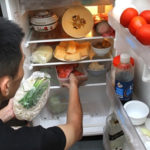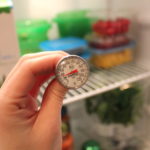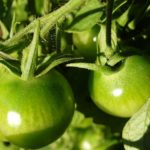1. Green Tomatoes
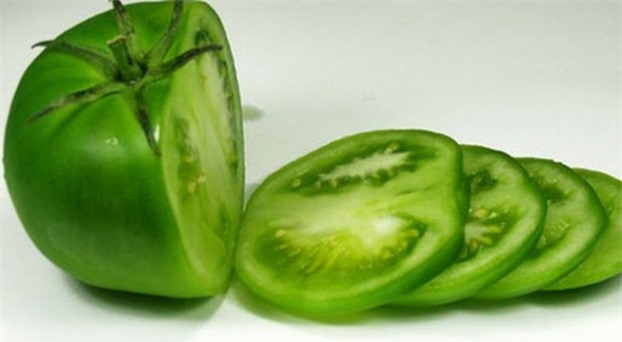
Green tomatoes contain a large amount of solanine, a substance that can cause symptoms such as nausea, vomiting, and even poisoning when introduced into the body. It is important to note that eating green tomatoes is not recommended, and consuming them raw can be even more dangerous.
2. Sprouts without Roots
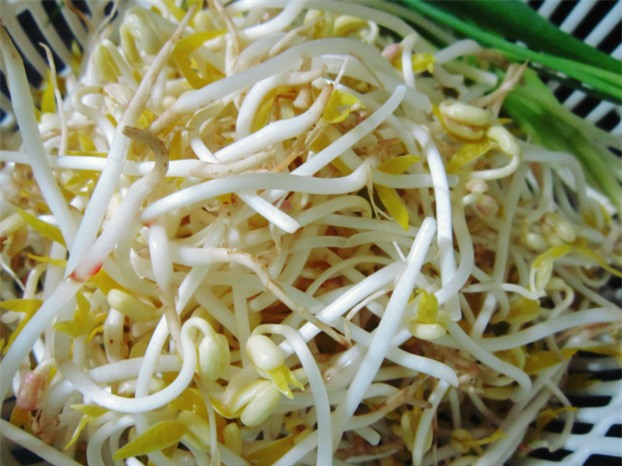
Sprouts are commonly included in daily meals, and while many people prefer to grow them at home, purchasing them from outside stores has become a popular option. However, it is important to be cautious when buying sprouts from outside sources as they may be grown with stimulants. These sprouts may appear fat and beautiful but lack roots, which indicates the presence of harmful toxins that can potentially cause cancer and genetic mutations. It is advisable to avoid consuming sprouts of this nature.
3. Rotten Ginger
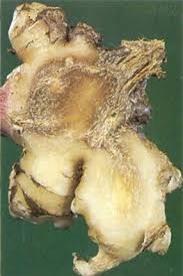
Ginger that shows signs of rot or molding should be discarded immediately to avoid potential harm to the liver and introduce toxins into the body. Rotten ginger contains a toxic substance called safrole, which can lead to liver degeneration. It is advisable to discard any ginger that exhibits signs of rot or molding rather than attempting to use it.
4. Moldy Tea
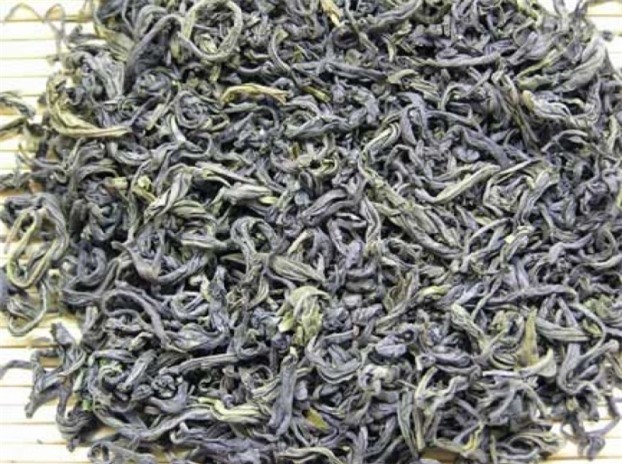
Consuming moldy tea should be avoided at all costs. Some individuals believe that moldy tea can be salvaged by soaking it in hot water, but the molds present in this type of tea are not easily removed through that method. Moldy tea is caused by fungus penicillium and aspergillus, and drinking it can lead to dizziness, diarrhea, and potential damage to organs in the body. It is recommended to refrain from consuming moldy tea.
5. Sweet Potatoes with Black Spots
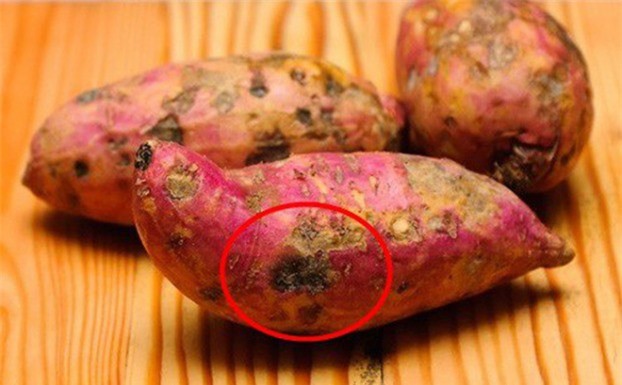
When sweet potatoes are left for a long time, black spots may appear along with an unpleasant smell, known as “khoai hà”. It is absolutely not advisable to consume sweet potatoes with “khoai hà”, even if the affected parts are cut off or thoroughly cooked. These sweet potatoes contain toxic substances that can harm the liver and, in severe cases, cause high fever, seizures, and even death. Therefore, it is best to discard sweet potatoes that show signs of “khoai hà” or have a strange smell to avoid any potential harm to health.
Source: Gia đình mới


























